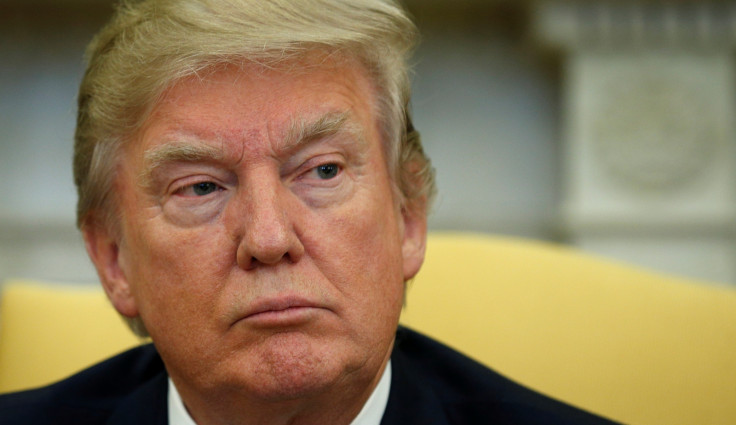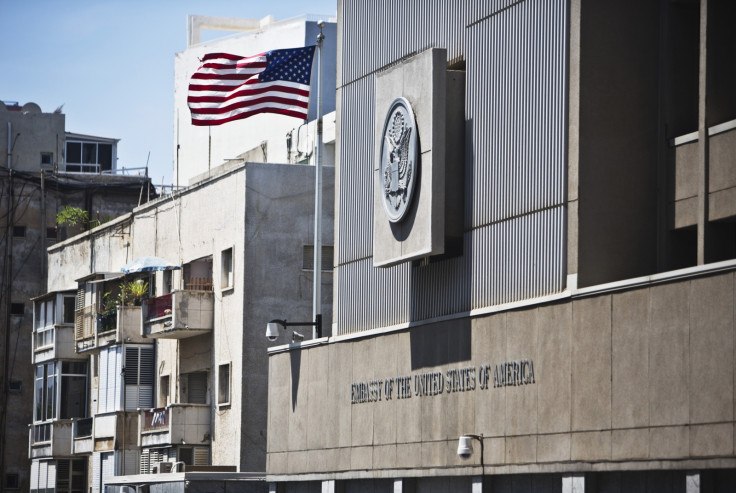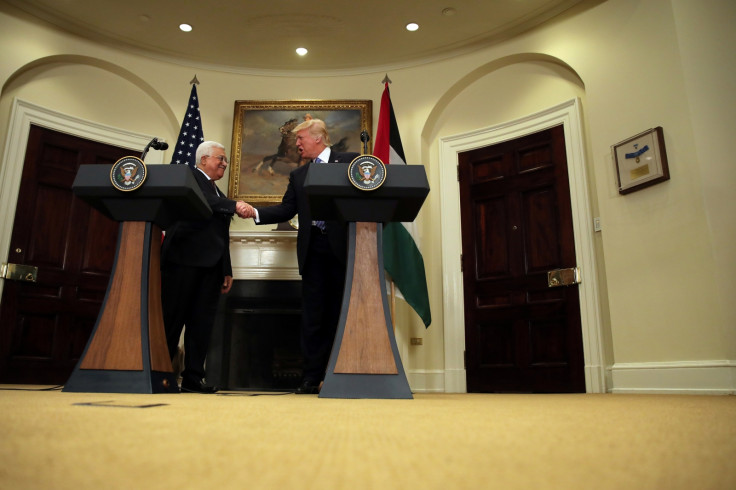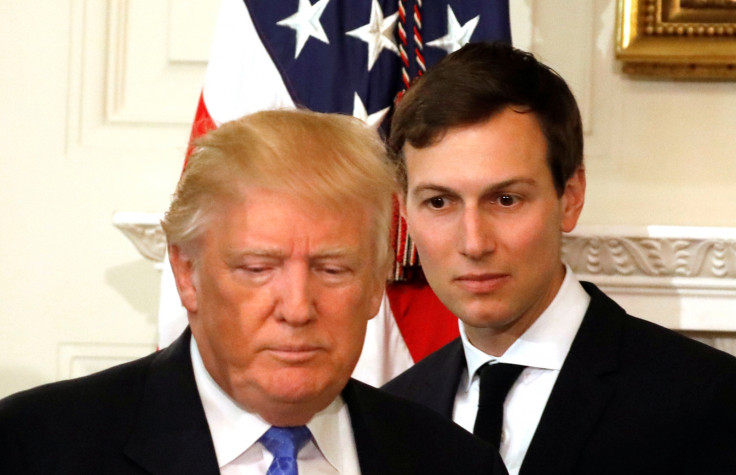Will Donald Trump break his Jerusalem promise?
President has just two weeks to make good on his promise to move the US Embassy in Israel to Jerusalem.

President Donald Trump has just two weeks to make good on his promise to move the US Embassy in Israel to Jerusalem.
His pledge looks increasingly likely to fall by the wayside – under the official guise of being postponed – as he comes to terms with the negative impact it would have on the Israeli-Palestinian peace process.
The US has been legally committed to relocating its embassy from Tel Aviv to the Holy City since the Jerusalem Embassy Act was passed in 1995.
But the ambassadorial headquarters have stayed put as Presidents Clinton, Bush and Obama perpetually signed six-month wavers delaying the move, which is bitterly opposed by Arab nations and the Palestinians.
The current waiver – Obama's last – expires on 1 June, leaving Trump just two weeks to honour or renege on a promise he repeatedly made in the run-up to the 2016 presidential election.
"You know, I'm not a person who breaks promises," he said when asked specifically about the issue the day before his inauguration.
Since then his stance appears to have softened and he has taken more of a fancy towards re-energising the peace process, according to comments made by his Secretary of State Rex Tillerson.
"The president, I think rightly, has taken a very deliberative approach to understanding the issue itself, listening to input from all interested parties in the region, and understanding, in the context of a peace initiative, what impact would such a move have," Tillerson told NBC on Sunday (14 May).
The Arab world is unanimous that the move would be disastrous for the peace process with King Abdullah of Jordan personally intervening to warn against the proposal.
In January, a spokesman for the Palestinian Liberation Authority told CNN that it would cease to recognise the state of Israel if the US Embassy was moved to Jerusalem.

"Agitate more problems than it could relieve"
IBTimes UK asked Dr Daniel Strieff, who specialises in US relations with the Middle East at the London School of Economics's International History Department, about whether he thought the relocation likely.
"I think it's most likely that we're going to see a postponement unless Trump makes some sudden move and if he does I think it's largely going to be for domestic consumption, particularly in the House and to certain extent the Senate," he said.
Strieff believes that while moving the embassy could provide a boost for Trump's stumbling presidency at home, the effects would be limited. In addition, while relocation would please the Israeli administration, this was also not a decisive factor.
"It would make Netanyahu happy," he said. "But as troubled as the US-Israeli relationship can sometimes be, it isn't going away, so I don't really see this dramatically hurting or dramatically helping American-Israeli relations."
In contrast, Strieff believes the repercussions of uprooting the embassy from Tel Aviv would be stark.
"There is no upside for the peace process. Trump is trying to forge close relations with Jordan and Saudi Arabia – they would be livid. It just seems like this could agitate so many more problems than it could relieve."

On a personal level Trump may also have begun to regard the goal – however far-fetched – of delivering peace to the Middle East as being a worthier pursuit than pleasing his Republican base with a pro-Israeli gesture.
"I think we shouldn't overestimate how important Trump sees his deal-making ability as being a part of his persona," Strieff said.
Strieff, who authored a book about Jimmy Carter's role in Arab-Israeli diplomacy, said Trump would be joining a long line of presidents who sought to make their mark on the international stage while under severe pressures at home.
Ultimately, it would be foolish to write off any course of action open to the 45th president. His decision to put his son-in-law Jared Kushner at the heart of the peace process is an example of his unpredictability.
"The fact that he's put a 36-year-old with no experience in charge of these negotiations says a lot about how deeply he's thought about this," Strieff said.
"When there have been generations of people from countries across the world who have been banging their head against the wall, to think that some real estate scion is going to fix it is a little bit naive."

© Copyright IBTimes 2025. All rights reserved.




















